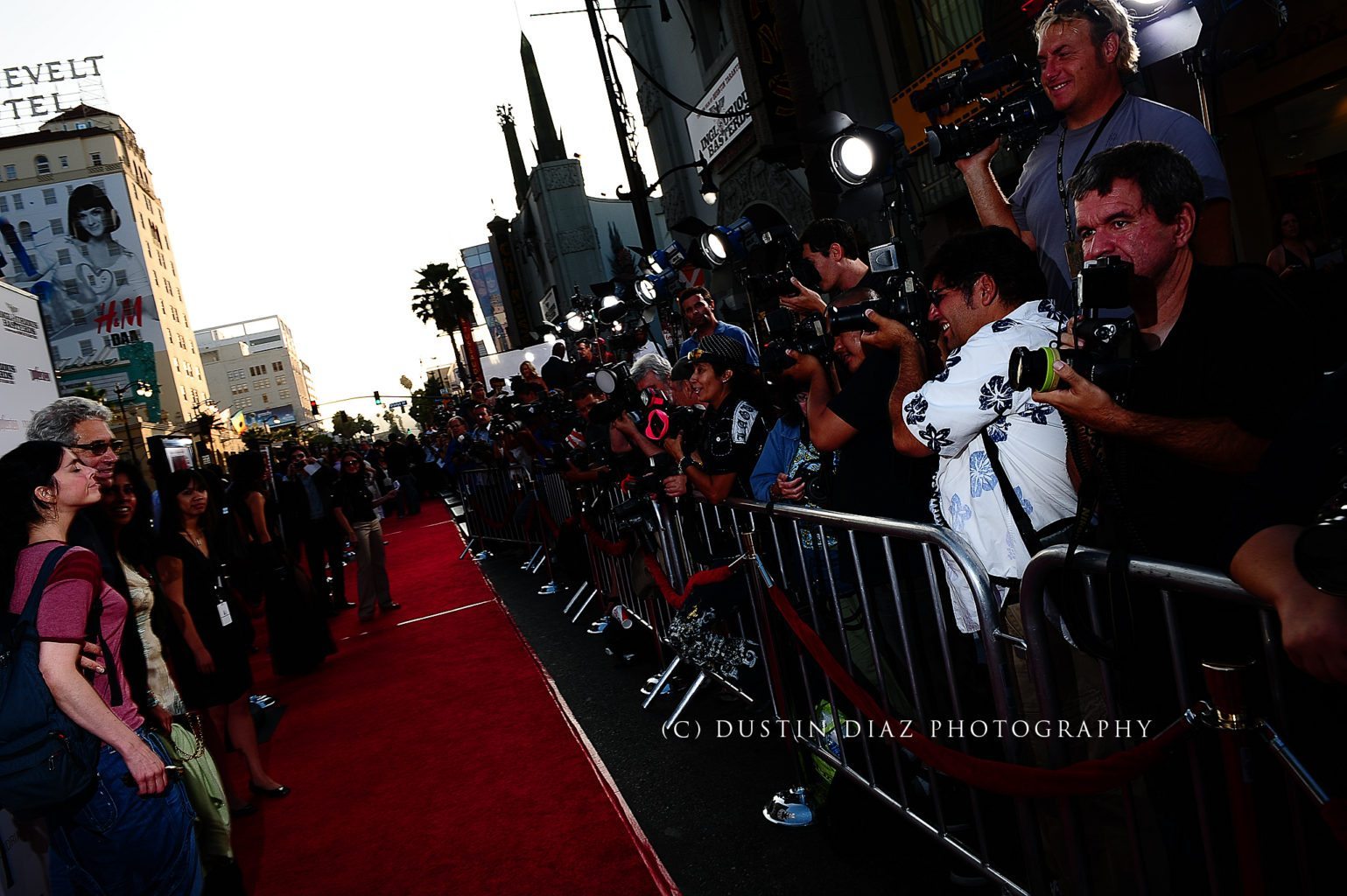#AskHerMore
This year has been a relatively good one for women in the film industry. The gender gap in Oscar and BAFTA nominations aside, 2014-15 has seen women grappling with more diverse, complex and effectual roles than ever before.
So why do media pundits still insist on treating talented, smart actresses like show ponies or beauty pageant hopefuls? And more importantly why, in our increasingly gender-conscious society, do we still seem to find this acceptable?
Impressed at Julianne Moore’s BAFTA acceptance speech as Best Actress for her role in the incisive Still Alice, in which she thanked the strong women of her family for their love and support, I set about googling the actress in hopes of finding out more about her career and previous successes. It saddened me that the first article I could find, from the Daily Mail, was one which lauded her choice of outfit and ability to still seem acceptable to the reporter at the age of 54. The headline reaffirmed the disheartening truth that the most important thing about these intelligent, successful women is their appearance, their age, and their appearance relative to their age.
Why do media pundits still insist on treating talented, smart actresses like show ponies?
And it’s not just at the BAFTAS where reductive and tacky reporting has belittled the achievements of our generation’s finest actresses.
At the Screen Actors Guild Awards, Moore, along with Jennifer Aniston and Reese Witherspoon, refused to parade her hands in front of E! Entertainment’s notorious “ManiCam” – a kind of box with a camera and red carpet inside, intended to serve as a mini-catwalk for the bejewelled and manicured fingers of Hollywood starlets.
Whilst the rejection of this ridiculous gimmick by such a powerful triumvirate of actresses is encouraging, its very existence serves as a reminder that the striking achievements of these women will never exempt them from such undignified treatment by the press.
At last year’s Oscars, Cate Blanchett berated a camera operator examining the length of her dress, crouching down and asking “Do you do that to the guys?” Blanchett’s response here sums it all up. Women at awards ceremonies are scrutinised unfairly by the media. The most common utterance of red carpet journalists is “who are you wearing?” By contrast, men are asked thoughtful questions about their experiences and influences.
To illustrate, at the 2014 Academy Awards, Kerry Washington was probed over her baby weight and maternity style, whilst Matthew McConaughey was asked about his childhood role models.
“Do you do that to the guys?” – Cate Blanchett
Reacting to the same trend at this year’s BAFTAS, film reviewer, Mark Kermode jibed on Twitter “In case anyone’s interested, I’m wearing Marks and Spencer’s washable”.
Attempting to redress the imbalance of tone in the questions asked to actors and those posed to actresses, the Representation Project has launched its #AskHerMore campaign. The project seeks to change the way the media talks to women on the red carpet. Supporters are asked to tweet direct questions of a more professional, analytical nature to reporters such as E!’s Ryan Seacrest, so that actresses might have the chance to share their experiences of acting and the film industry. Last year the campaign gained considerable momentum as media figures including Melissa McCarthy and Amy Poelher challenged reporters to “ask better questions”.
I hope that next year’s awards ceremonies will feature more nominations for actresses starring in challenging and substantial roles, with reporters asking questions more relevant to their careers and achievements. Though it seems unlikely that the belittling and sexist tendencies of the media will change overnight, or even in the next year, awards ceremonies are set to see more actresses, and more members of public, calling out reporters for their unjust behaviour.

Comments